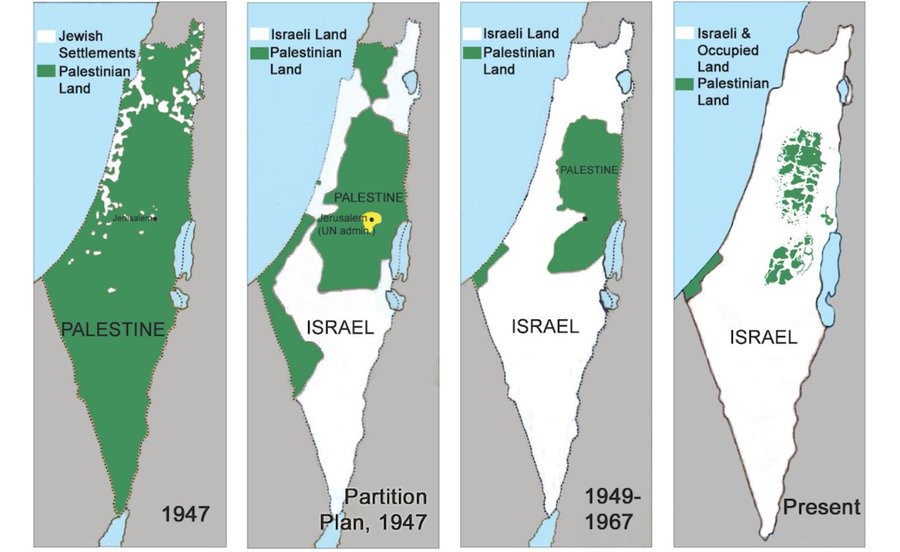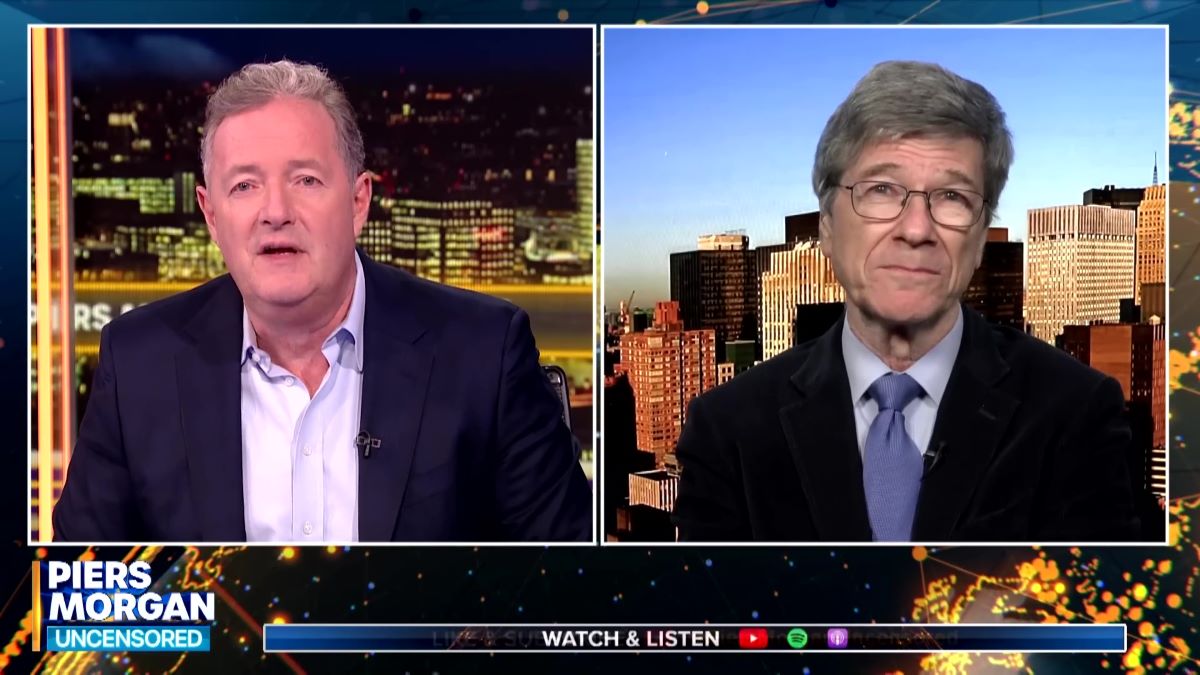The article by Elena Basile discusses the widespread feeling of helplessness that permeates society due to the current trend towards militarism, a sentiment that crosses political boundaries and affects a broad spectrum of ideologies. It criticizes the shift in cultural attitudes towards war, noting how media propaganda has transformed the image of conflict from something to be resolved diplomatically to a concept associated with positive values of territorial reclamation and economic growth. This shift in perspective has blurred the lines between traditional militaristic rhetoric, once the domain of authoritarian right-wing factions, and the narratives of centrist and left-leaning groups. The piece strongly condemns the actions of the United States and Israel in the Gaza conflict, highlighting their complicity in civilian casualties under the pretense of targeting Hamas, and points out the selective indignation over Russia’s actions in Ukraine. It questions the sincerity of Western calls for a two-state solution amidst ongoing violence and territorial fragmentation. Moreover, it criticizes the war rhetoric’s tendency to dehumanize the enemy, calling for a rational approach to human unity that overcomes personal conflicts, while warning against the geopolitical and existential dangers posed by a prolonged conflict with nuclear capabilities.
* * *
Silence on the Deaths in Gaza and “Horror” Reserved Only for Putin
by Elena Basile
The powerlessness in the face of the current militaristic drift is a shared suffering among much of civil society and does not belong exclusively to dissenting voices, the 5Star Movement’s electorate, what remains of the left wing of the PD, but it also exists among moderates and the far-right electorate.
As Andrea Riccardi points out, the cultural perception of war has shifted. Thanks to media propaganda, in the oblivion of the two great conflicts that devastated the world in the twentieth century, we’ve moved from valuing diplomatic mediation, enshrined in the constitutions of European democracies, to associating war with positive values of territorial reconquest, growth, and employment. The most blatant militarist rhetoric, once the monopoly of authoritarian right and fascism, is now a common heritage of the center-left and the moderate intelligentsia.
The United States, by not voting for a ceasefire at the UN, is complicit in a slaughter of children, women, and the elderly. The excuse is the need to combat Hamas militants, a goal military strategists consider impossible to achieve. The Israeli army has no idea of the number of militants killed because it cannot distinguish them from hostages and civilians. State terrorism breeds Hamas terrorists. Violence begets new monsters. Netanyahu’s real goal, beyond political survival, is to accommodate the ambitions of the religious right concerning Greater Israel. In this tragic situation, as the conflict widens and the United States seems to have accepted the possibility of a conflict with Iran, the stuttering of Western leaders about the two-state solution appears blatantly hypocritical. Who will force Israel to accept a Palestinian state when it is effectively allowed to “mow the lawn” in Gaza? How can the State of Palestine be reconstituted in a fragmented land, a bantustan, while settlers in the West Bank continue to harass the population with impunity, pushing them to abandon the region?
The moderate intelligentsia barely dwells on Gaza, except to highlight how Western democracies ask Tel Aviv to safeguard civilians. It’s hard to understand how the Israeli army, dropping bombs on refugee camps, churches, schools, hospitals, and ambulances, can positively respond to Washington and its vassals’ unrealistic demands. Politicians and the media space gloss over the horror in Gaza, except to narrate the pain of hostage families as if the death and blood of human beings had different values. Instead, they love to condemn the horror of the Russian advance and praise Zelensky’s heroic resistance, describing him in epic terms as one who stood his ground. It would be laughable if it weren’t so tragic to push a generation of eighteen-year-olds to death for objectives that could have been achieved through political mediation and without selling out the country’s interests to those of the West.
In Ukraine, two armies clash. The horror exists on both sides. Indeed, Ukrainian actions are desperate and of a terrorist nature with attacks against the civilian population.
In the rhetoric supporting war, the enemy must be dehumanized and painted as the devil. And so, against all objective historical reconstruction, Moscow becomes the emblem of evil. Do you remember Hypatia’s questions? Still no answers. We believe in the rationality that unites human beings and overcomes personal conflicts, providing a light to the human community. How is it possible that Moscow wanted to march on Kiev with so few troops relative to the military objective? Why have Russia’s legitimate security concerns been ignored since 2007? How would Washington respond to China’s attempt to bring Mexico into its own alliance by arming it and pumping up Mexican nationalism against the USA? Is Europe’s separation from Russia in line with the EU’s geopolitical and energy interests? Asking Moscow to withdraw all troops from Donbass and even Crimea after two years of war is a serious basis for negotiation? Russia sent several mediation proposals and reached a compromise with the Ukrainian delegation in March 2022. Has a single Western mediation proposal been received? Planning a decade-long conflict with a nuclear power unacceptably increases the risk of human extinction.
We could continue with a thousand more logical questions to which we find no answers, increasing the suffering of the well-intentioned citizen now rendered powerless.
Il Fatto Quotidiano, February 27, 2024





